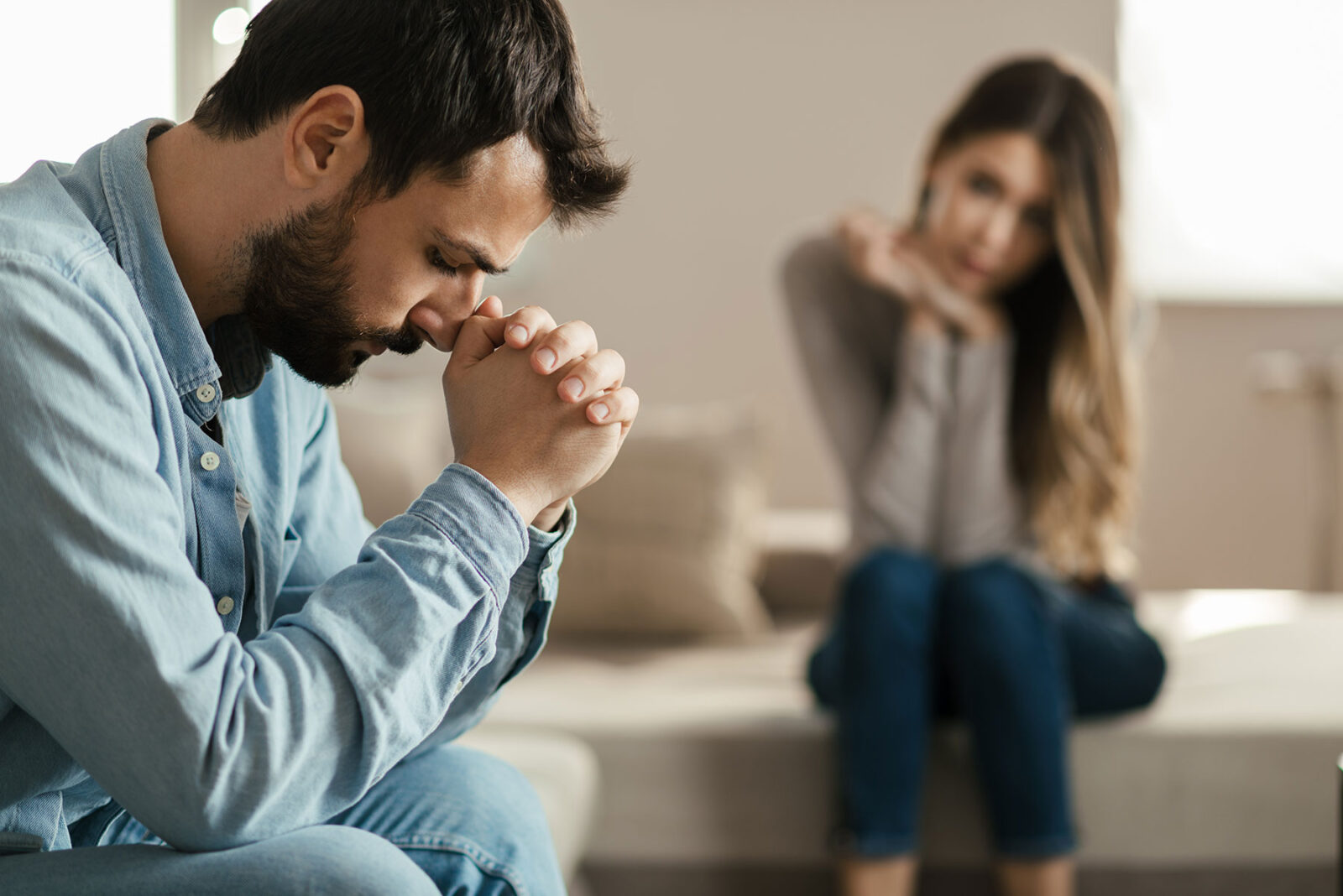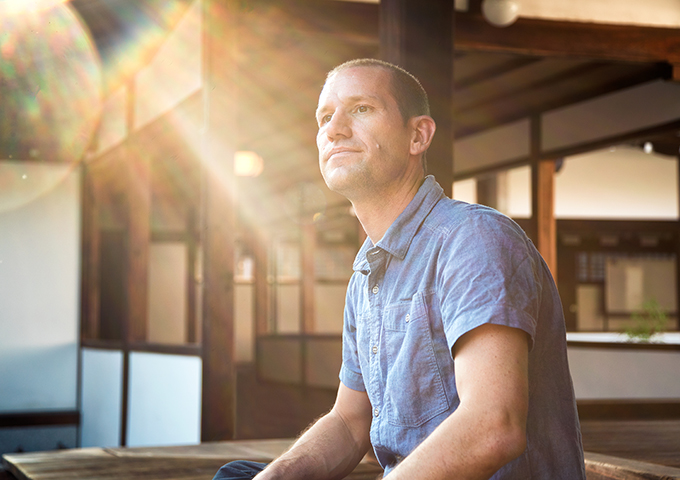Understanding verbal abuse
Many relationships face conflict, but how do we know when the problem is more serious? Read on to understand what constitutes verbal abuse, learn key signs to look for, and how to get help.
Read moreDomestic and family violence can take many forms, including emotional abuse – an often overlooked and unrecognised type of abuse. Emotional abuse involves repeated behaviour intended to harm a person’s mental health and emotional wellbeing.

Emotional abuse, sometimes called psychological abuse, is a form of manipulation and control that can harm a person’s mental health and emotional wellbeing.
Emotional abuse is an ongoing pattern of behaviour to emotionally hurt someone, which is sometimes difficult to recognise, as it can take the form of subtle or deceptive behaviours. It can happen on its own, or there may also be other types of abuse occurring at the same time (e.g. verbal abuse, financial abuse, or physical abuse).
Emotional abuse can occur in different types of relationships – including romantic, family, friendship, and carer relationships.
Emotional abuse can cause serious harm to a person’s mental health and wellbeing and can have long-lasting effects. It is important to recognise the signs of emotional abuse and to seek help if you or someone you know is experiencing it.
Common signs of emotional abuse include:
Verbal abuse and emotional abuse are similar. However, verbal abuse typically includes using hurtful and controlling language, as well as yelling, name-calling, and giving the silent treatment.
The effects of emotional abuse can include:
Family and domestic violence of any kind is never acceptable, including emotional abuse. Everyone has the right to feel safe, respected, and supported. Family and domestic violence is never the fault of the person being abused.
If you are experiencing emotional abuse, there is help and support available:
Remember that emotional abuse is never your fault and that you deserve to be treated with respect and dignity. Seeking help and support can make a significant difference in your journey towards healing and recovery.
Emotional abuse can have long-term impacts on those affected, including ongoing loss of confidence and trust. If you think someone you know may be experiencing emotional or psychological abuse, here are some ways you can help:
Emotional abuse is never OK. If you realise that you have been emotionally abusing someone, here are some options to help you change:
By seeking help and taking steps to change, you can make a positive difference in your relationships and the lives of those around you.
If you are impacted by family or domestic violence you can call MensLine Australia on 1300 78 99 78, access online counselling, or contact 1800RESPECT.
If it is an emergency, call 000.
Many relationships face conflict, but how do we know when the problem is more serious? Read on to understand what constitutes verbal abuse, learn key signs to look for, and how to get help.
Read more
The Violence Prevention Program is part of the Changing for Good service and is for men who are worried about their thoughts and behaviour escalating to physical violence.
Read more
The Post-Men’s Behaviour Change Program is part of the Changing for Good service and is for men who have completed a Men’s Behaviour Change Program (MBCP) in the last 12 months.
Read more
Domestic and family violence can take many forms – it can include many different types of behaviour including emotional, physical, sexual, spiritual and verbal abuse. One form of domestic violence which is often overlooked is financial abuse.
Read more